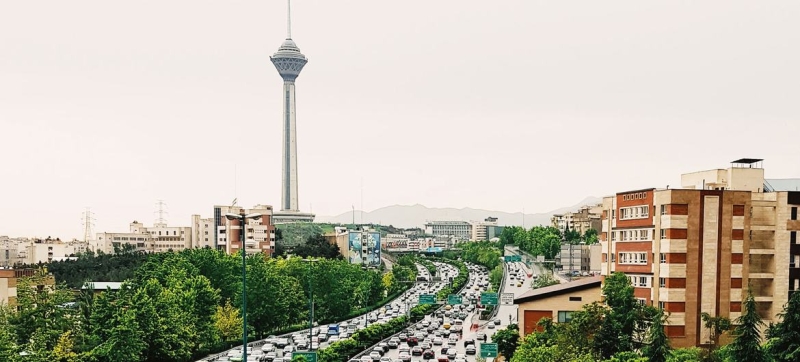
Tehran, Iran. Iran must prioritize women’s rights, right to life, says UN expert Human Rights
In her first report to the General Assembly, Special Rapporteur on the situation of human rights in Iran, Mai Sato, expressed concern about the increasing number of executions in the country, the lack of transparency and access to information, and the deteriorating situation of women and girls’ rights.
She is particularly alarmed by the government’s response to the Women, Life, Freedom movement and the Hijab and Chastity Law. According to her, Iran remains one of the few countries that has not yet ratified the Convention on the Elimination of All Forms of Discrimination against Women.
The Special Rapporteur also drew attention to the problem of the death penalty in the country.
“The right to life is a fundamental problem, especially given the alarming rise in executions,” Sato said. At least 93 people were executed in August 2024 alone, with nearly half of all executions carried out for drug-related crimes.
Many face capital punishment for crimes against security in the broad sense, “spreading corruption,” and “waging war against God.” According to the Special Rapporteur, these acts do not meet the threshold of “most serious crimes” – only in such cases does international law permit the death penalty.
Sato also noted that her research concerns not only the death penalty, but also the use of force by state bodies that leads to death, as well as deaths in custody and laws that condone or justify killings.
The Special Rapporteur called on Iran to constructively cooperate within the framework of her mandate.
“I am ready to engage with Iran to assess and address its human rights concerns. I do not see my role as an adversary, but as an independent expert whose assessment can help Iran strengthen its protection of human rights. I firmly believe that meaningful progress requires the cooperation of all stakeholders – the Iranian government, its people, civil society and the international community,” she said.
Read also:
